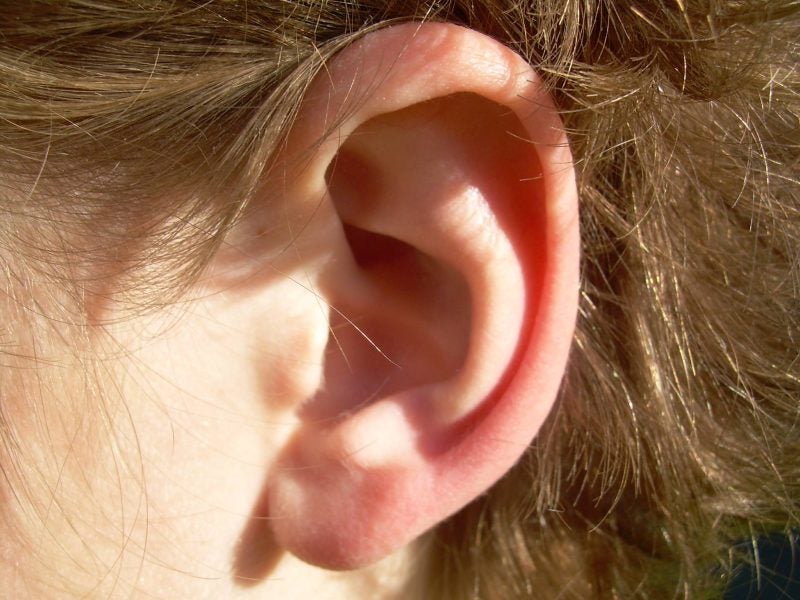
Frequency Therapeutics has dosed the first subject in the Phase Ib clinical trial of its hearing restoration candidate, FX-345, to treat sensorineural hearing loss (SNHL).
Named FX-345-101, the prospective, single-blind, two-cohort, randomised, placebo-controlled, multicentre trial will assess the safety of single intratympanic doses of FX-345.

Discover B2B Marketing That Performs
Combine business intelligence and editorial excellence to reach engaged professionals across 36 leading media platforms.
It will enrol nearly 36 adult subjects aged 18 to 67 years with adult-onset acquired SNHL.
The preliminary safety cohort of the trial will have nine subjects to evaluate the safety and drug exposure versus a placebo.
On obtaining favourable safety data, the second cohort with 27 subjects will receive the treatment to further assess the safety.
It will also analyse if FX-345 boosts auditory function measures.

US Tariffs are shifting - will you react or anticipate?
Don’t let policy changes catch you off guard. Stay proactive with real-time data and expert analysis.
By GlobalDataA cocktail of two small molecules, FX-345 is created for restoring inner ear cells required for hearing.
Frequency Therapeutics CEO David Lucchino said: “Advancing FX-345 to the clinic is an exciting milestone, as we further our pioneering work to develop regenerative therapeutics for hearing loss.
“By expanding our hearing pipeline, we hope to better understand the breadth of SNHL types and severities we may be able to treat, and we look forward to FX-345 Phase Ib study data in the second half of next year.”
Apart from FX-345, the company is analysing a therapeutic candidate, FX-322, in a Phase IIb trial underway for SNHL.
The double-blinded, randomised, placebo-controlled, multicentre trial is intended to assess the efficacy of FX-322 on speech perception in participants aged 18 to 65 years, with hearing loss linked to either noise-induced or permanent idiopathic sudden SNHL.
This trial has concluded enrolment with 142 subjects, with data anticipated in the first quarter of next year.
A most prevalent kind of hearing loss, SNHL is caused by damage to sensory hair cells in the cochlea.





